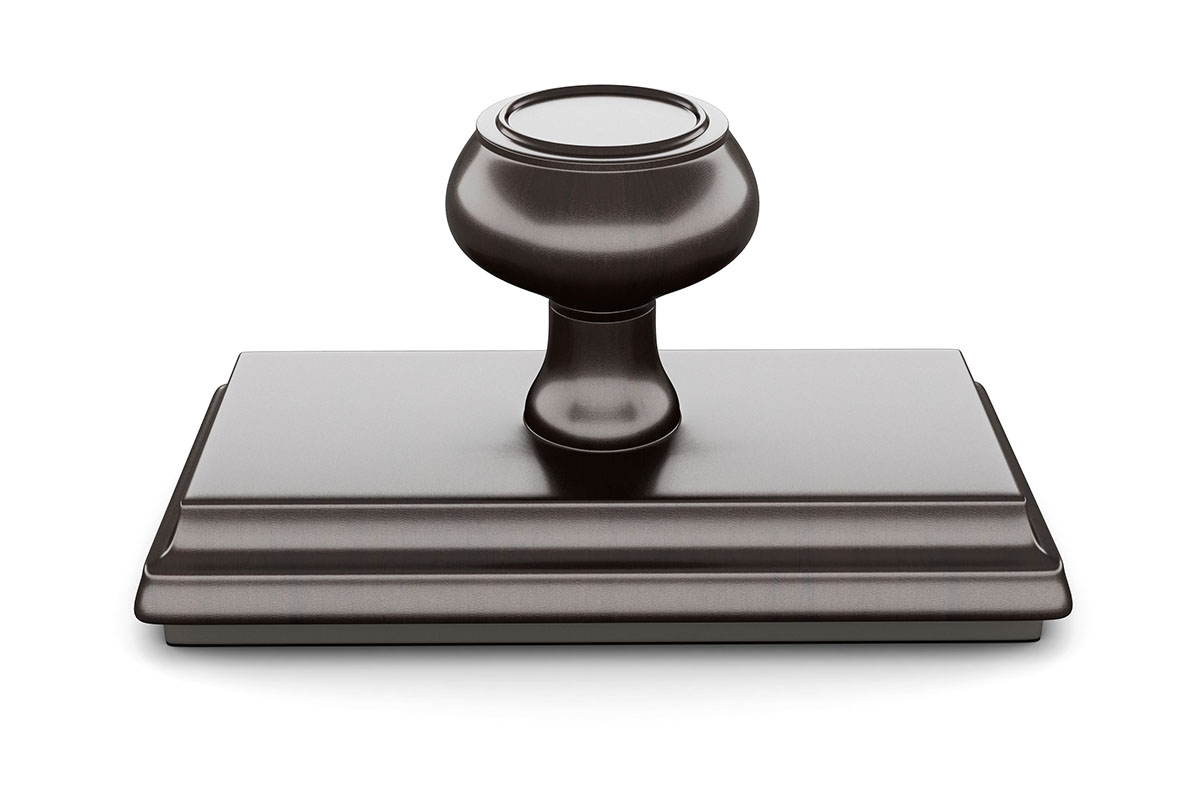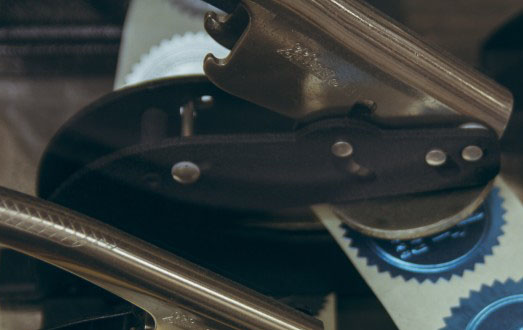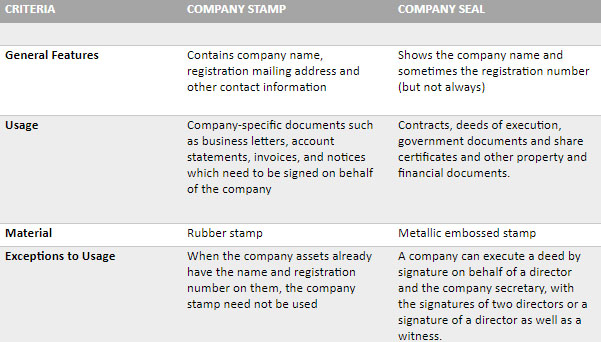An important and often overlooked aspect of launching a new business in Singapore is to create a company stamp. While it is no longer technically a compulsory requirement for a business to have one, a company stamp can ease operations and add to the legitimacy of a company.
Purpose of a Company Stamp

A company stamp, also known in Singapore as a company chop, is a rubber stamp that is used for authenticating certain types of documents. The stamp, which is unique to every company, is kept by the Company Secretary who stamps appropriate documents when required.
A company stamp generally contains information like the registration number, official business name, company contact details, registered address and the logo. It can be used for many purposes such as:
- Authenticating company documents for legal reasons. Some company owners hire attorneys or legal experts who know where to place the stamp correctly when it is needed on official documents. Some types of documents that may require attestation are :
- Grant applications
- Invoices and Purchase orders
- Rental agreements
- Business contracts
- Bills of exchange or promissory notes
- To prevent forging of any documents and curtail people from creating fake ones. The presence of the company stamp acts as a sign of authenticity for the company.
- Increasing efficiency, since it saves many business owners the trouble of having to sign individual document separately.
How to Get a Company Stamp in Singapore
While having a company stamp is not a strict requirement, it still lends credibility to the company and the documents circulated by it.
Getting a company stamp in Singapore is easy as there are many providers and sellers who can create custom stamps. The process takes only a few days and the company can start using it immediately after.
Company Stamp vs. Company Seal
Some often confuse a company stamp with a company seal. However, there are differences between the two even, if it is a very fine line. A company seal (also called a common seal) is a metallic stamp which is used to emboss documents like share certificates and deeds in order to maintain their confidentiality.
A company seal may or may not include the registration number of the company. Most times the company designs their seal in any way they want to, and it is only used to show that a company is complying with the business laws in the country.
A company seal is used by businesses in Singapore for:
- Validating and executing a document such as a deed or a contract.
- Authenticating documents like share certificates.
- Communicating government and other legal information as required by the law.

In recent times, the regulations concerning the use of a company seal have become relaxed, and companies can avoid their use altogether as long as the document is signed by:
- One of the directors of the company as well as the company secretary
- Two of the directors of the company
- One of the directors of the company as well as an official witness who attests the signature of the director
The Key Differences between Company Stamp and Company Seal

The above information should clear up when to use a company stamp or when to use a company seal.






Leave A Comment